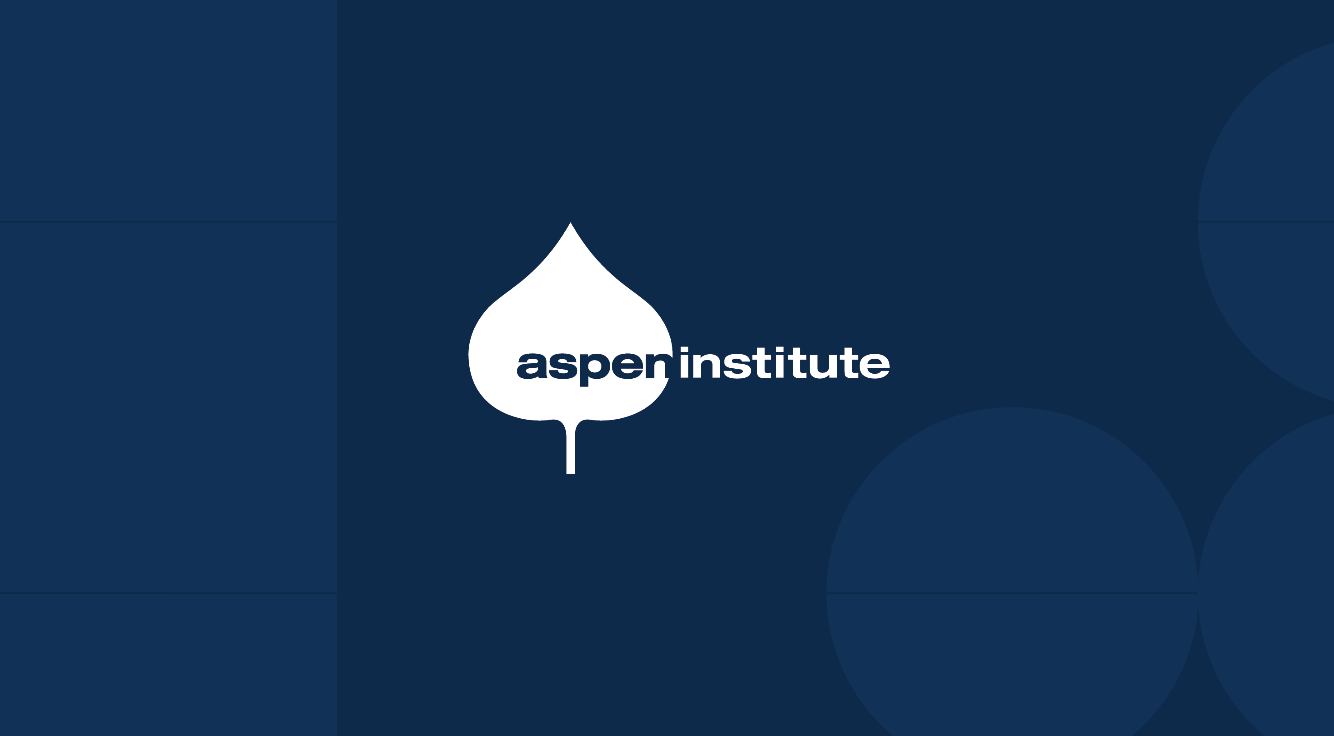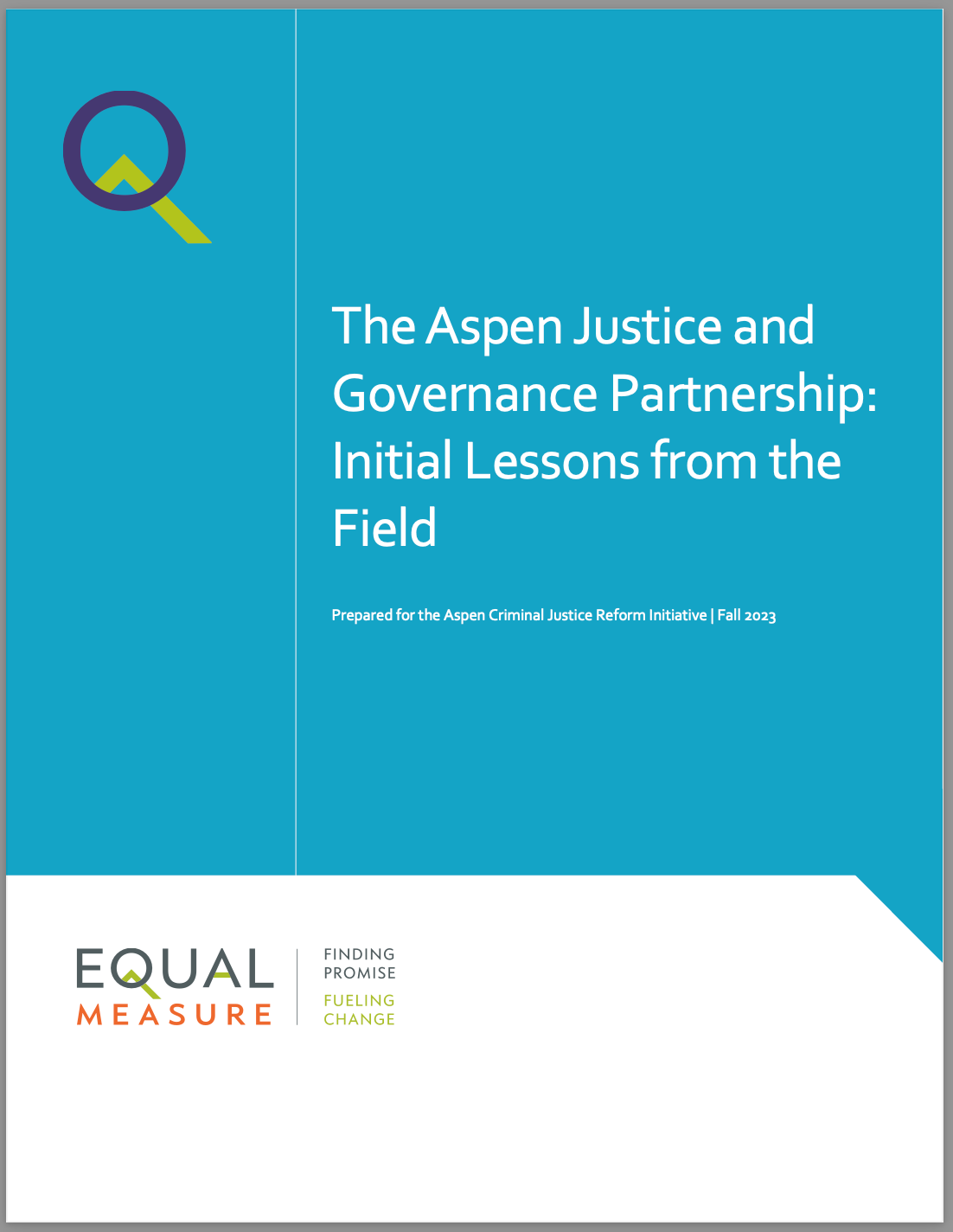After four days of discussions, seminars, and workshops, 2016 Resnick Aspen Action Forum participants convened for a closing conversation on the path to justice. The discussion featured children who participated in the Forum’s Youth Camp, which challenged the attendees to come up with Action Pledges, goals to tackle social, economic, and health issues in their communities.
Grouped into teams, the youth participants pledged to work on issues such as inequality, youth substance abuse, South African education, and more.
The rest of the program included a deep dive discussion on justice: what it means to us as individuals, and how leaders can take the charge in fighting injustice. The featured panelists — all of whom are Fellows within the Aspen Global Leadership Network — for the discussion were:
- Joe Daniels, president and CEO, 9/11 Memorial Museum
- Ceasar Mitchell, president, Atlanta City Council
- Summer Nasief, Middle East Innovations director, Honeywell, Honeywell International Middle East
- Pallav Patankar, executive director, director of HIV Programs, the Humsafar Trust
- John Simpkins, general counsel, US Agency for International Development
Read below for highlights of the panelist’s responses to the question, “what is justice for you?”
“Justice is a journey, it is a pursuit to ensure that… every single person has the opportunity to be treated with the kindness, compassion, fairness, and empathy that they deserve.” –Joe Daniels
“When you think of the idea of justice, every child deserves… and opportunity to have an education, an opportunity to translate that education into a career or some sort of opportunity to be productive in society.” – Ceasar Mitchell
“I define injustice as the lack of voice, and the lack of opportunity.” -Summer Nasief
“…Justice is not just about your judicial system but it’s also justice within humanity, and we connect with each other as humanity; not just as nations, races, or colors, but as humans. And I think that is the ultimate justice we need to give to each other.”-Pallav Patankar
Watch the video above to learn more about instances of injustice the panelists have seen and experienced in the US, Saudi Arabia, and India.
What does justice mean to you? Let us know in the comments.

